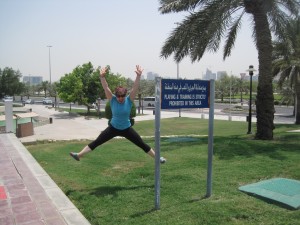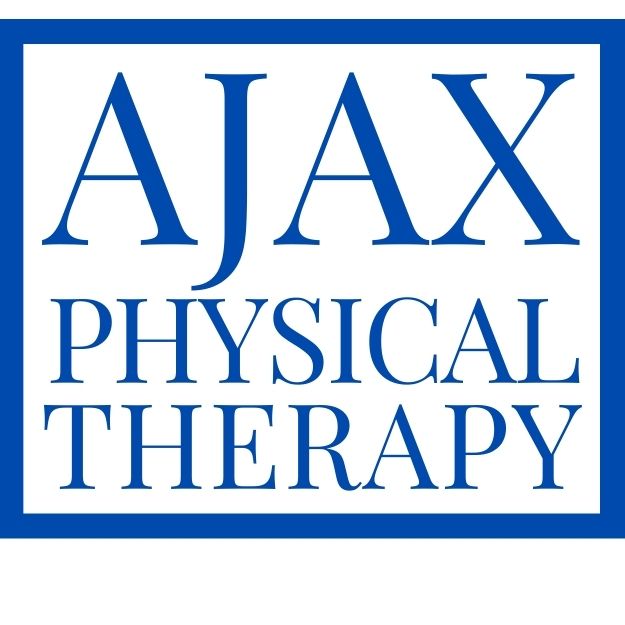I promised a few blogs about how we got all our details settled on this current assignment. Given the location (Alaska) being so far away, the popular season we are here in, and a number of other unpredictable factors, setting up this assignment was tricky.
In the past, I’ve worked with a few travelers who have negotiated their own contracts, but Kate and I had never done this. I’ve had some interest in it, but not enough to actively pursue it. There are advantages and disadvantages to both using a recruiter and going the independent route. When you do have a recruiter from a staffing agency, they are your advocate, your negotiator, and your first point of contact for any issues you may have on contract. Also, while we typically choose to arrange our own housing and travel, many staffing agencies will handle this for you if you like.
On the other hand, as an experienced traveler, having the securities of a recruiter as a third party representative comes at a cost. …a real monetary cost. The idea that really attracts people into arranging their own contracts is that you eliminate the middle man and the cost that goes with paying the middle man. Therefore, an employer can dish out less and you get the same or more.
On this assignment, we had a friend in the Anchorage area who was willing to drop our names around town and find some potential employers for us. This worked, this worked very well. Kate quickly got a job offer with a private practice just outside Anchorage. There was a period of stress where she had to be willing to be her own advocate and ask for certain details in her compensation package. Now, she is making good pay and has many of the tax free benefits that a recruiter would be able to offer. The clinic she’s working for has even allowed her to use a car that different therapists have driven over the years, SWEET!
My contract took a little bit longer to develop. I continued to search with a few recruiters, but nothing was really working out. I found a lot of jobs that had repeat travelers lined up for the summer or were just too far from town. We had already started our road trip to AK when another contact of my friend called wondering when I was available. The job hadn’t popped up on any of the searches because the director didn’t want to work through a staffing agency. As it worked out, my benefits are comparable to what I would make through an agency, but by eliminating the middle-man, the clinic is likely paying far lower than they would pay a recruiter… WIN-WIN!
Ultimately, we’re pleased with the jobs we’ve found. The jobs are where we wanted, when we wanted, and are professionally/mentally stimulating. The story of our success negotiating private contracts on this assignment does come with a warning. There were additional stresses having to negotiate our own benefits without a recruiter as a go-between. Also, we would not have been able to negotiate if we hadn’t worked with so many recruiters in the past. Also, if something were to go wrong with the contract, the assignment, or anything it’s on us! The buffer through a middle man is a nice comfort that frequently comes at only a small cost to the clinician.
Here are a few things that I recommend are in your contract whether you go it alone or work through a recruiter:
-Guaranteed 40 hours pay
-A 30 day notice clause for either party to end the contract
-Travel, housing, and licensure fee reimbursement
-Negotiating any planned days off ahead of time
-Holiday schedule and pay
I do have friends and past co-workers who have made their own contracts. We did not do this, the places we were working for had used contract staff before and had their own contracts. I have seen some independent contract examples if you’re interested.






 I don’t mean to say that an immediate new grad can’t travel, it just takes the right person who is willing to self-motivate and work that extra bit to find the professional expansion they need. My first travel assignment was perfect. It was in a community hospital with a steady staff and a solid director. I had the infrastructure around me where I could ask questions and work towards answers with my co-workers’ help. Ultimately, I found the mentorship I needed to grow. Because of the mentorship and support, I extended my contract there several times, a total of 10 months on my first travel assignment (longer than the “permanent” job I worked before traveling).
I don’t mean to say that an immediate new grad can’t travel, it just takes the right person who is willing to self-motivate and work that extra bit to find the professional expansion they need. My first travel assignment was perfect. It was in a community hospital with a steady staff and a solid director. I had the infrastructure around me where I could ask questions and work towards answers with my co-workers’ help. Ultimately, I found the mentorship I needed to grow. Because of the mentorship and support, I extended my contract there several times, a total of 10 months on my first travel assignment (longer than the “permanent” job I worked before traveling).